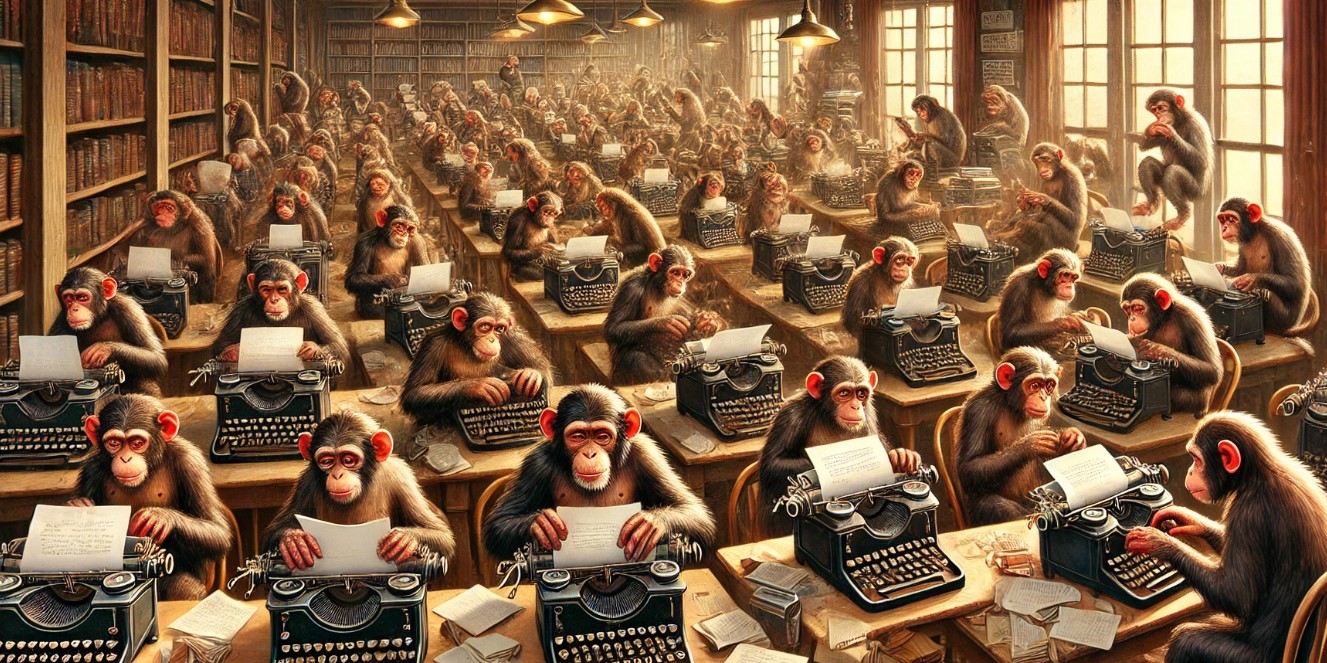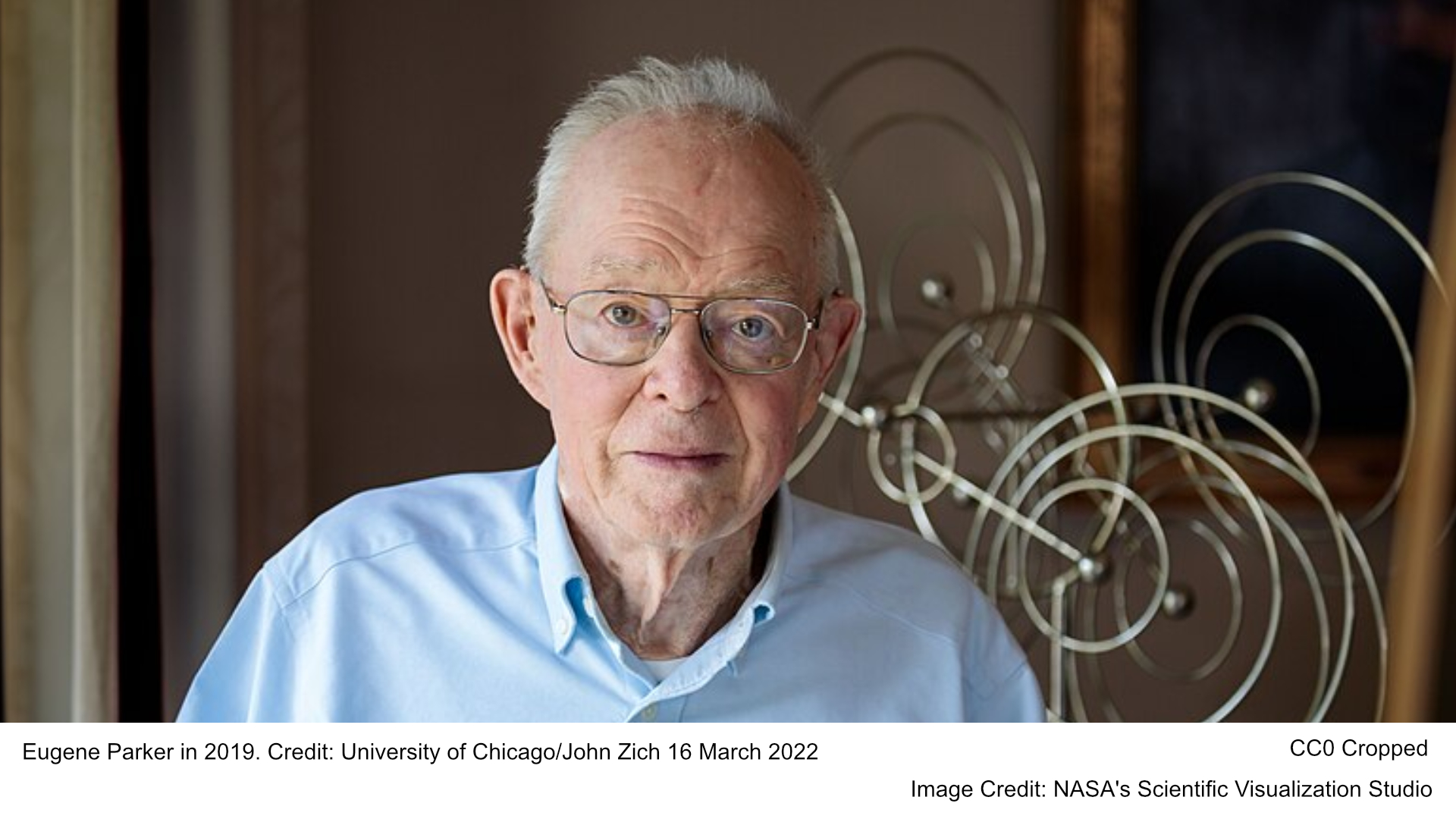A new study challenges the notion that monkeys could eventually type the complete works of Shakespeare given infinite time. Researchers from the University of Technology Sydney have debunked the infinite monkeys theorem using mathematical analysis and probability theory. This theorem suggests that monkeys, typing randomly, could eventually produce Shakespeare’s texts.
- A new study from the University of Technology Sydney challenges the infinite monkeys theorem, showing that even with vast numbers and time, randomly producing Shakespeare’s works is implausible.
- Calculations reveal that the probability of a chimp typing even a simple phrase is astronomically low, with “I chimp, therefore I am” at one in 10 million billion billion.
- Researchers highlight limitations of the theorem, noting that practical constraints, such as the finite lifespan of the universe, make random text generation highly improbable.
- This study emphasizes the vast difference between theoretical probability models and real-world scenarios, underscoring the unique value of human creativity over randomness.
The study considered a single chimpanzee using a keyboard, pressing one key per second throughout its 30-year lifespan. With the current chimpanzee population of about 200,000, researchers assessed the plausibility of producing meaningful text. Their findings reveal that the chance of a chimp typing the word “bananas” in its lifetime stands at 5%. However, crafting a random sentence like “I chimp, therefore I am” is one in 10 million billion billion.
Experts, including researchers Stephen Woodcock and Jay Falletta, argue that the infinite monkeys theorem is misleading. Given our finite universe, the theorem’s assumptions fall short. Shakespeare’s works total around 884,000 words, making their random recreation highly improbable. Even if every atom in the known universe represented a separate universe, the odds of typing even a short book remain negligible.
The study uses the heat death theory of the universe as a timeframe, predicting all matter will eventually cool and decay. This theory underscores the impracticality of monkey labor as a means to produce written works. The researchers conclude that monkey labor cannot replace human creativity or scholarship. Shakespeare himself, they argue, inadvertently answered this question in Hamlet: “No.”
The study challenges popular misconceptions about probability and randomness. It highlights the limitations of theoretical models when applied to real-world scenarios. By examining these limitations, the study encourages a deeper understanding of probability and its applications.
The infinite monkeys theorem has long fascinated both mathematicians and the public. However, this research provides a compelling argument against its feasibility. It serves as a reminder of the complexities involved in probability and the creative process. As the debate continues, this study offers valuable insights into the intersection of mathematics, literature, and the nature of creativity.





